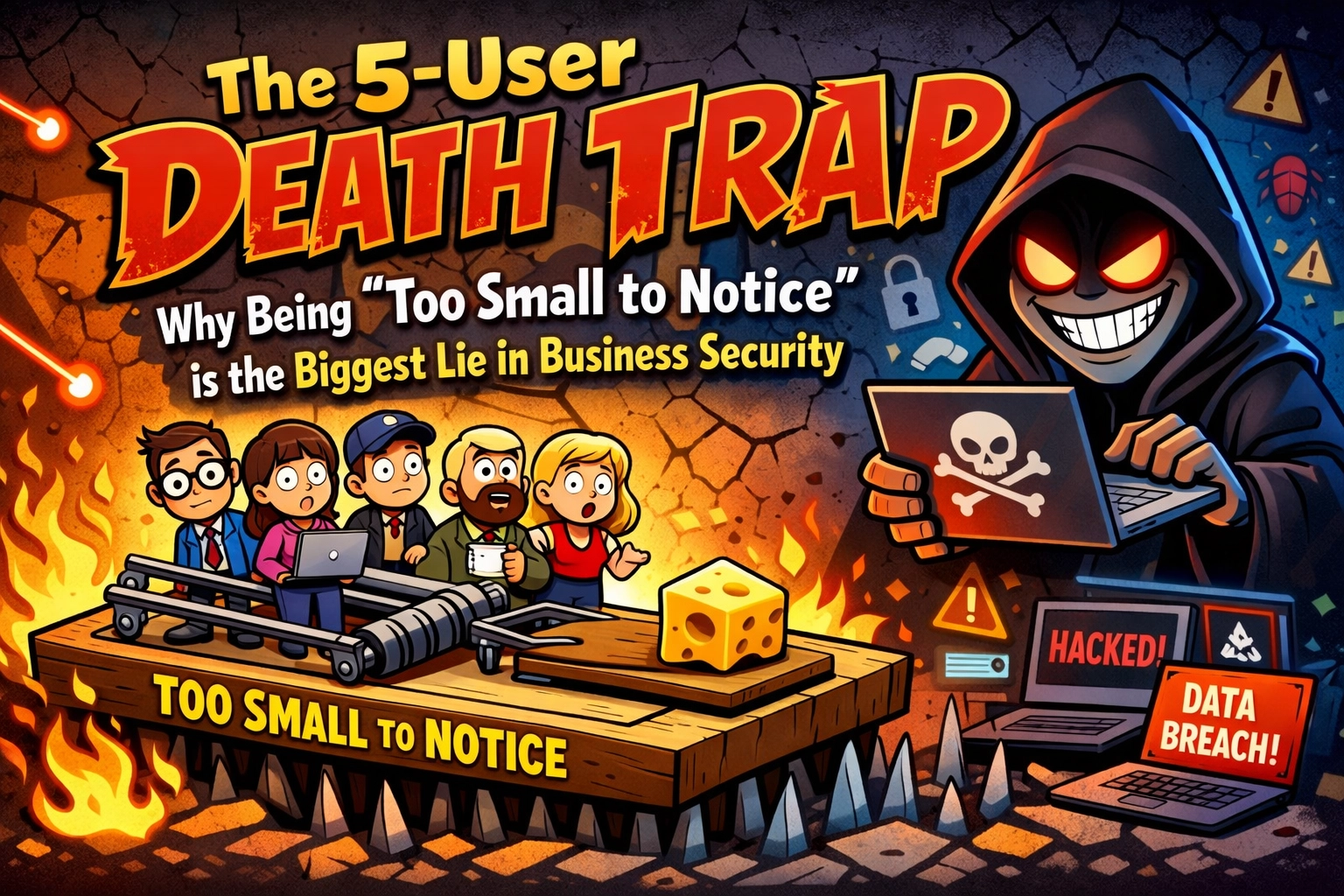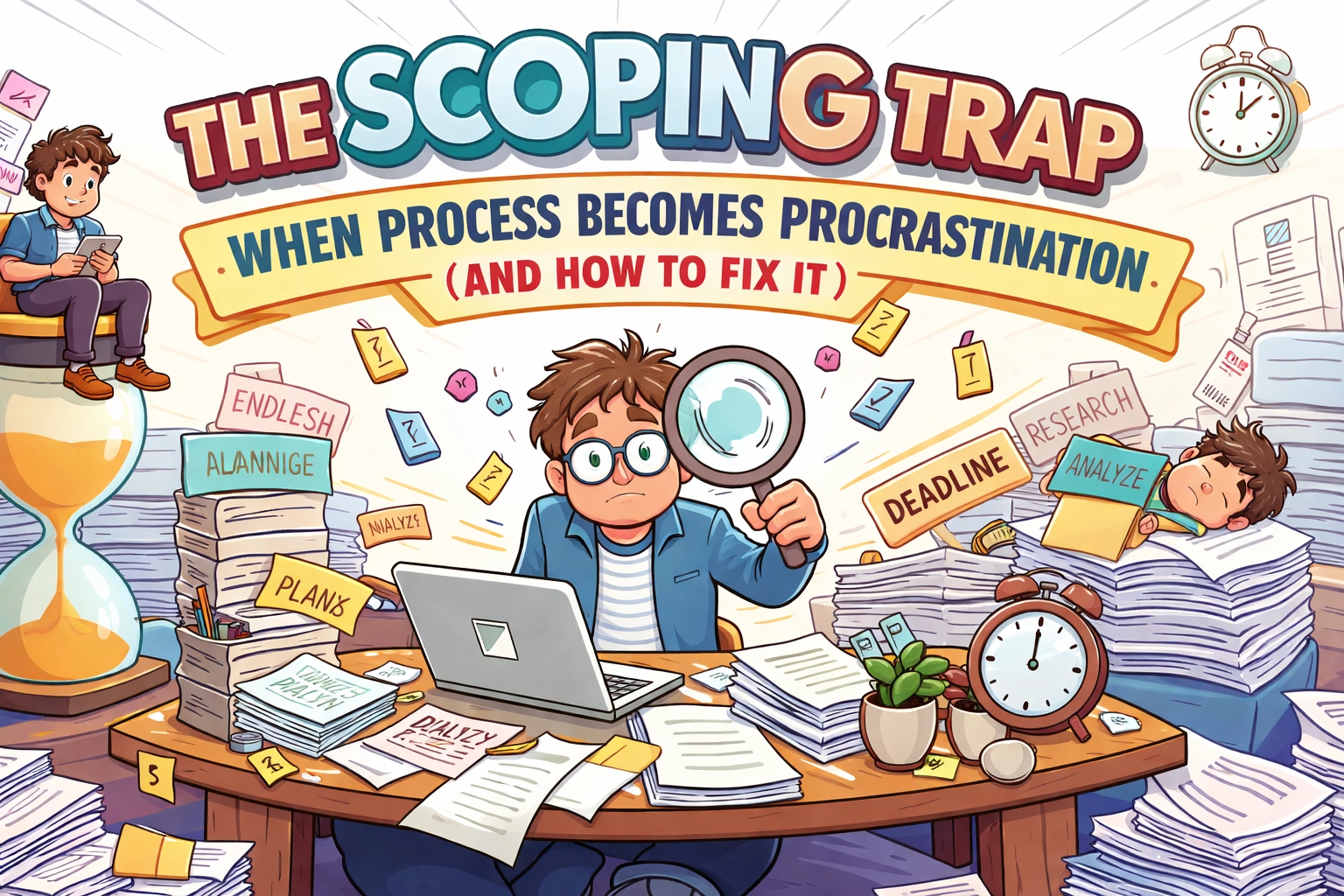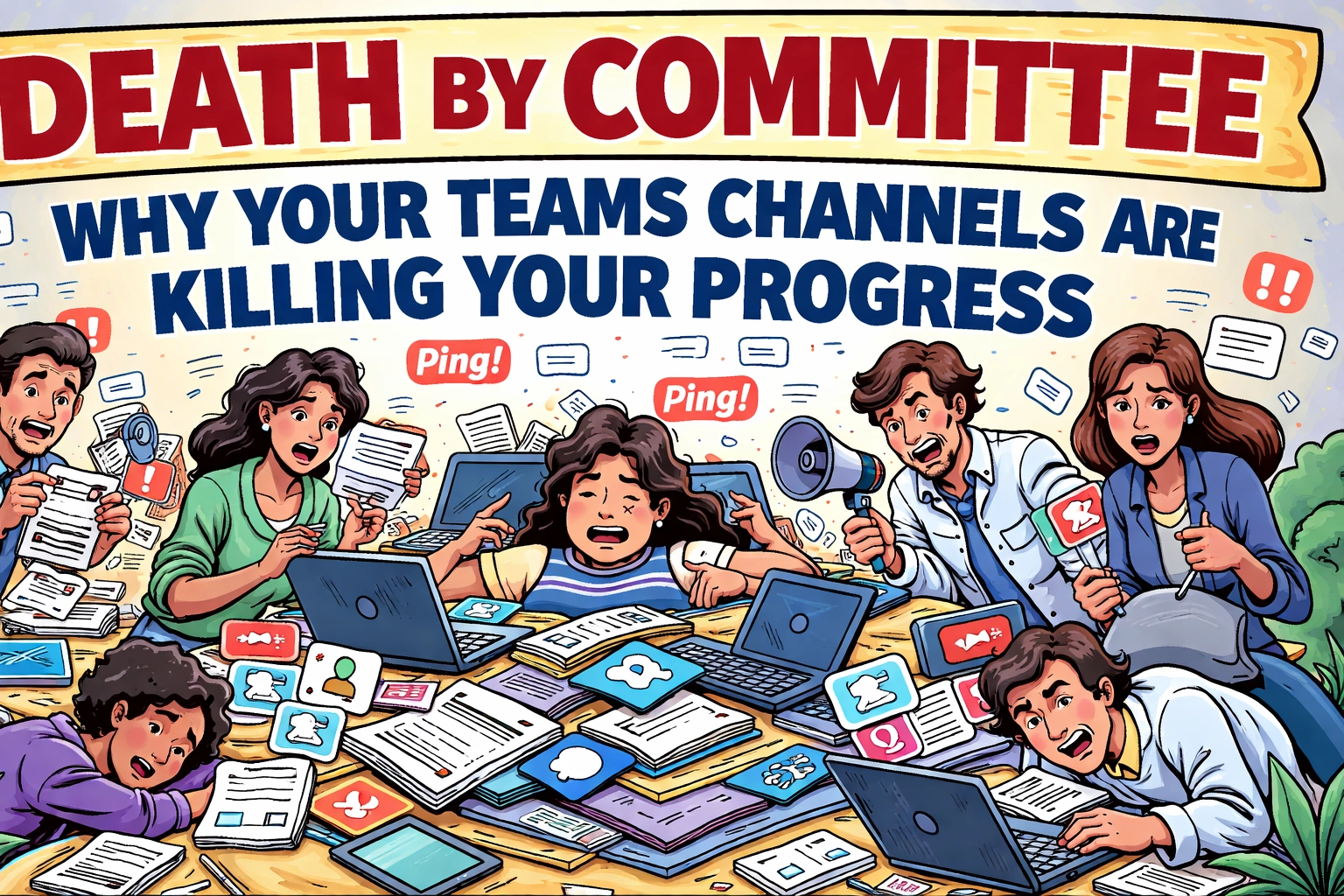Introduction
Every small business owner thinks, “That’ll never be me,” when reading another cautionary tale online. But the truth is, most business disasters don’t happen because of wild, unpredictable market swings or overnight catastrophes. They’re the result of normal people making totally avoidable mistakes again and again—until their bottom line explodes, their reputation tanks, and legal headaches come calling.
Here’s a not-so-hypothetical case study, disguised to protect everyone’s dignity, about how simple missteps can snowball into an expensive, stressful, and completely preventable business failure. As you read, keep tally: How many of these could happen to you? Better yet—how many can you sidestep now, before you’re the next cautionary tale?
Buried by Bad Decisions: One Owner’s Downfall
Contract Commitments Without a Plan (or a Wallet)
Let’s set the stage. A business owner—let’s call her “Taylor”—signs a multi-year agreement with a managed IT and consulting firm. Sounds like she means business… right? Wrong. There’s no clear payment plan in place, no strategy for cash flow, and zero sense of the actual long-term costs involved.
Ignoring the basic principle of “don’t sign what you can’t afford” is more common than you’d think. Shiny promises of growth and easy fixes overshadow the fine print, and suddenly, Taylor’s locked into an obligation that strains her already tight finances.
Most businesses don’t collapse overnight—they suffocate slowly under commitments made in moments of optimism and without solid planning.
The “Cancel Culture” of Contracts
Halfway through the contract, Taylor panics and wants out. Cue the frantic emails and last-minute pleas for a cancelation “just this one time.” The reality? Contracts have teeth. In the tech world, especially with managed services providers, there are acceleration clauses—those not-so-fun paragraphs that make all remaining payments due immediately if you bail early.
By trying to dodge obligations, Taylor triggers a giant invoice and a collection process that could have been avoided by reading, understanding, and negotiating before signing.
Communication? More Like “Ghosting.”
Here’s mistake number three, and it’s a killer: instead of engaging in an adult conversation with her provider or asking for flexible payment terms, Taylor goes radio silent. Emails pile up. Calls go unanswered. The provider even offers to meet and talk it through—crickets.
This approach not only burns bridges but also torpedoes any chance of a negotiated solution. It’s like getting a flat tire and refusing to call roadside assistance because you’re embarrassed—then blaming the tow truck for being too late.
Misusing Chargebacks: The Merchant’s Nuclear Option
Taylor, still avoiding direct dialogue, files a credit card chargeback claiming “canceled recurring transaction”—even though services were rendered and the contract is crystal clear. If you’re in business, take this as your wake-up alarm: banks and credit card processors are not neutral parties in your disputes. Abuse the chargeback system, and you could face blacklisting.
Not only does this stunt damage Taylor’s creditworthiness and ability to process future payments, but it also puts her on industry watchlists. This isn’t how professionals handle disagreement—and it’s a fast track toward financial isolation.
Underutilizing Services = Leaving Money on the Table
Taylor’s provider didn’t just offer IT and security support—they threw in travel booking benefits, marketing automation consulting, and a referral network. Did Taylor use any of these perks? Nope.
Ignoring value-added services is the same as finding a stack of gift cards in your desk and letting them expire. Real-world numbers: countless business owners pay for support and growth tools they never use, then complain growth is slow (or gets stuck entirely).
Core lesson: If you’re paying for a service, bleed every bit of value you can from it. Ask questions. Use the tools. Get your money’s worth.
Short-Term Thinking: Penny Wise, Pound Foolish
When a business runs into a cash crunch, it’s tempting to prioritize immediate needs—like car repairs or random emergencies—over the boring but important stuff (infrastructure, tech support, staff training). Taylor, in a spot, begs for refunds to cover crises, sacrificing her system’s stability and company reputation for pennies.
Time and again, businesses that “patch and pray” their way through hard times, instead of budgeting for continuity and growth, end up falling behind their competition. Survival thinking rarely leads to success.
“Set-and-Forget” is Not a Strategy
Want your provider or tech consultant to read your mind? Good luck. Taylor never completed the required onboarding forms, skipped strategy calls, and failed to engage with reports or growth tools. She hoped services would magically deliver ROI without any input.
This kind of passivity is business suicide. Growth requires engagement. Providers want you to succeed—take advantage of their know-how, even if it means swallowing a bit of pride or asking “dumb” questions.
Failing to Plan a Proper Exit (and Missing Real Solutions)
When Taylor did decide to exit, the move was sudden—no transition plan, no attempts to scale back to a smaller contract, zero patience for discussing alternatives. Flexibility is key in modern business. Rigid, all-or-nothing attitudes leave value on the table and lessons unlearned.
Providers will nearly always work with you to find custom solutions—scaled-down packages, temporary pauses, payment plans—if you just ask.
The High Cost of Avoidance (and Ghosting)
Refusing to communicate, hiding from obligations, and defaulting to chargebacks doesn’t just kill professional relationships—it leads to collections, legal action, and lasting credit damage.
What started as a manageable business hurdle snowballed into a permanent mark on Taylor’s financial record—one that could follow her to new ventures, banking relationships, and opportunities for years.
Lessons: Don’t Let This Be You
1. Read Your Contracts. Actually Read Them.
Skim at your own risk. Always know the commitment you’re making, the exit costs, and what’s expected of you month-in and month-out. If you don’t understand, ask questions. Your future self will thank you.
2. Talk Before You Walk
Got a problem? Communicate. Most service providers—managed IT, marketing consultants, finance pros—want to work things out. Silence and surprise chargebacks are invitations for disaster.
3. Squeeze Every Drop of Value
Paying for something? Use it. At US Tech Support Solutions, LLC: DBA Your Personal Ninja, we pack our MSP services with extras like web design, admin support, hosting, and marketing consulting for a reason: We want your business to thrive, not just survive. Don’t leave these benefits on the shelf.
4. Build Relationships, Not Revolving Doors
Business isn’t about hopping from one provider to the next at the first sign of friction. Long-term partnerships open doors—faster support, better deals, real trust. Stick around long enough to earn those perks.
5. Invest for Growth, Not Just Survival
Budget for the boring stuff—security, tech, infrastructure. Crisis spending fixes nothing. Strategic investing pays off with sustainable returns (and far fewer emergencies).
Conclusion
Every business story could end up here—with contracts in collections, reputation in shambles, and growth stalled out by avoidable missteps. Don’t just shake your head at Taylor’s mistakes—treat them as flashing red lights for your own journey. Small business success is about commitment, honest communication, and using every tool you’ve got.
If you’re reading this and sweating a little, good. That means you’re learning. Now pick up the phone, check your contracts, and make sure you’re getting (and giving) your best in every professional relationship. And if you need a partner who’s got your back—one who reads the fine print and wants you to succeed—hit us up at US Tech Support Solutions: DBA Your Personal Ninja.
You’ve got one shot. Don’t ghost it.








